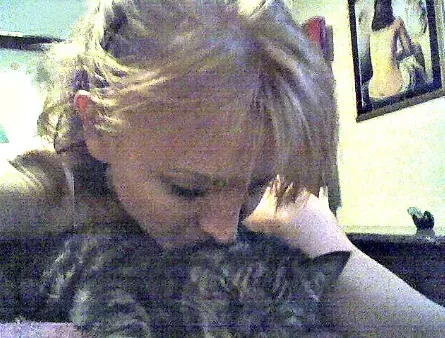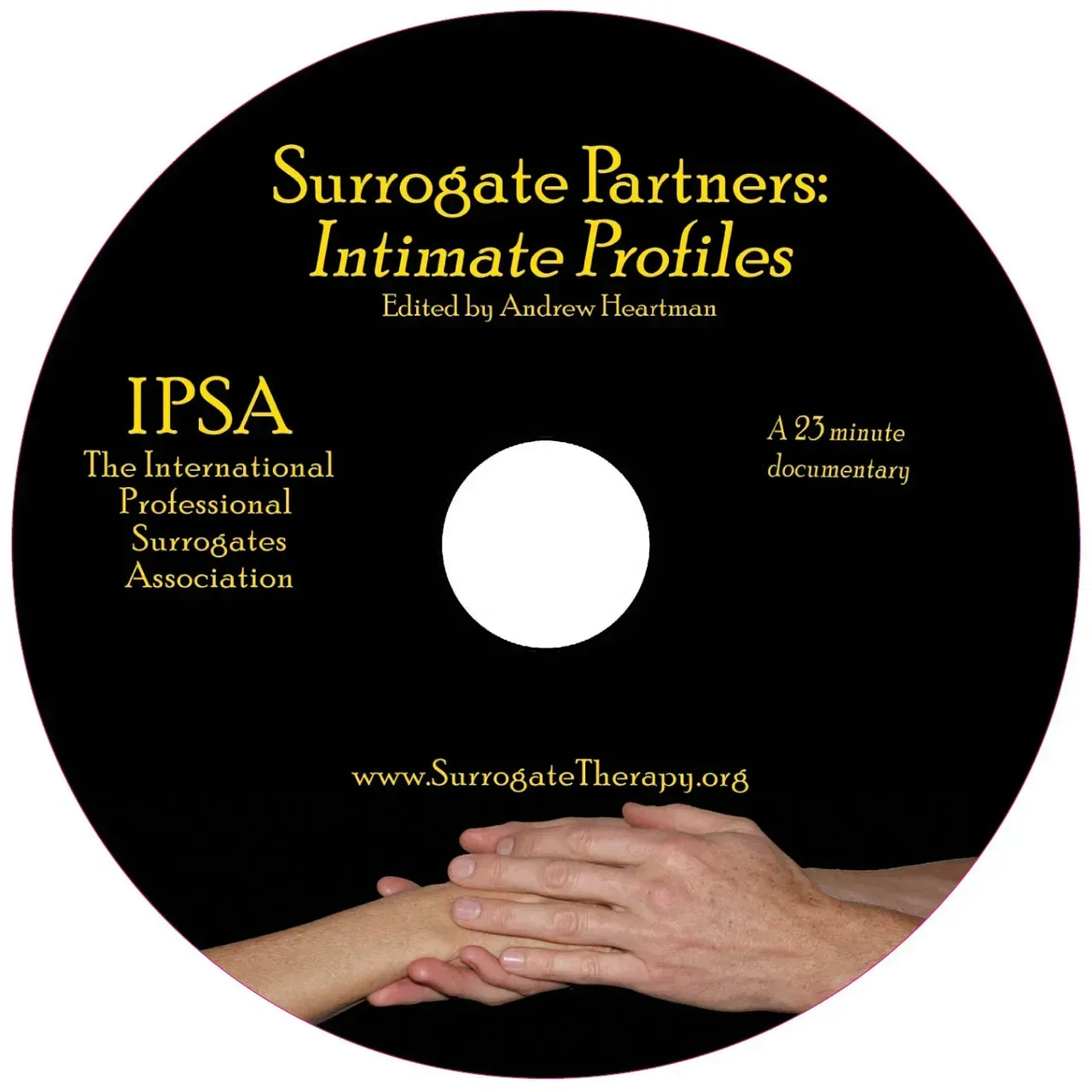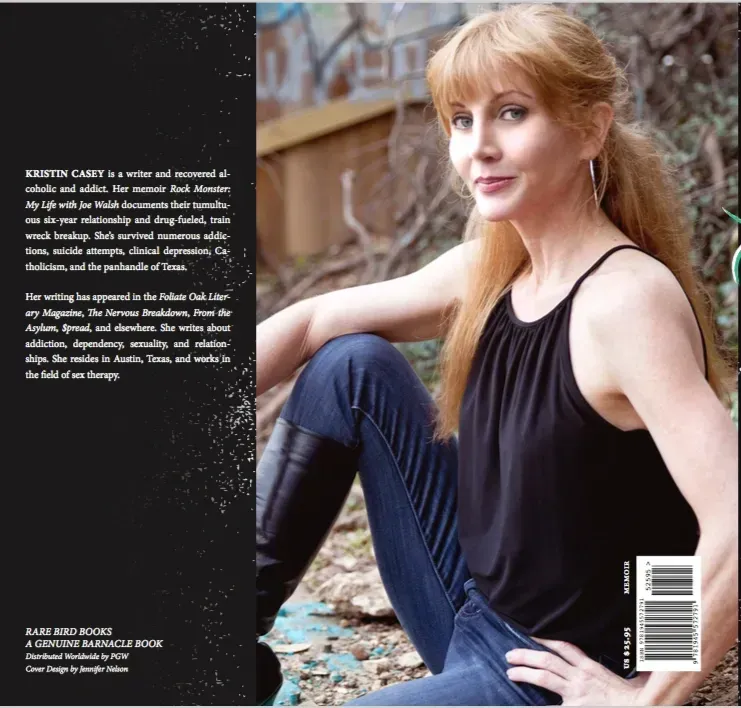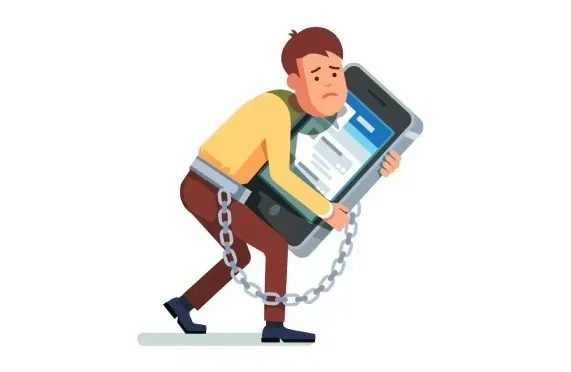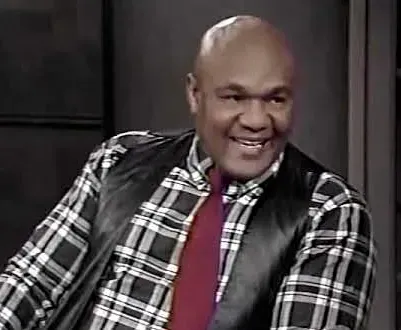Catlike
CATLIKE (personal essay, 2006, written about my cat but really about trauma and fear of intimacy)
My cat is my best friend, and I know that sounds weird. But she doesn’t borrow money; she’s never too busy to hang out; and when I ask her if I need to lose weight she really and truly does not know what I’m talking about. She does disapprove of my dates sometimes. I pretend not to notice. She usually has a point.
I like to think we’re a lot alike, although in terms of intellect I don’t kid myself—Tippy is light years ahead. She doesn’t rub it in and pretends not to notice. She has a certain dignity.
She used to live with my parents in a big spotless house. At night she slept in the drafty garage, all alone, on a second-hand pet cushion. During the day she could be indoors, though not on the sofas, and to nap on the floor she had to lay on an old, folded towel. She spent a lot of time roaming the streets and back alleys. I did the same when I lived in that house. Dad works a lot and Mom’s not a big animal person.
One Christmas, five years ago, Mom asked if I would bring Tippy home with me to Austin, to live. At that time, my experience caring for living things was one short-lived relationship with a house plant that may’ve needed more water than I gave it, but just as likely died of boredom in the corner of a living room I never used. I then got a small cactus for the windowsill in my home office, where I spent most of my time—an ugly, prickly thing that managed to survive despite me. (Come to think of it, I had a lot in common with that plant too, but that’s another story entirely.) As for adopting Tippy I couldn’t say no, and Mom thanked me for the favor. Truth is, Tippy was the best favor anyone ever did me.
For starters she’s the perfect roommate, tidy and quiet yet always ready for affection. It took days of encouragement to get her to join me on the bed, but once she grasped her new freedoms she adjusted quickly to the indoor life, and her role as head of the household. Never one to dwell, Tippy knows how to be present. It’s the first thing she tried to teach me, the last thing I thought I needed.
She trained me to brush her, which provided a relaxing, active meditation for me and a silky coat of fur for her. I buy gentle round brushes for six dollars (plus tax) at a beauty supply store. I read her signals carefully for the best technique, pulling her skin taut and incorporating a lot of wrist action (vital for optimizing the brush bristle to cat coat ratio). It’s not something you can rush.
I’m sure, if she could, she’d do the same for me. I once had a boyfriend who gave me amazing massages. Tippy walks on my back sometimes, but only to reach my pillow where she sleeps next to my head. Her purring soothes me, and I wonder if she’s adjusting my spiritual vibration. They say purring is the vibration of healing. Sometimes I marvel that she seems to know what I need before I do. Sometimes I marvel at her happiness just being with me.
We’re both somewhat ornery in nature. My parents knew this, and I think it amuses them. But Tippy has always gotten her way with me, as I’m her entire social circle and I’m whipped. She never gloats; she’s dainty, adorable and sophisticated. I try to emulate. She wakes me by tickling my face with her whiskers. If I pretend to be asleep she meows in my ears, one at a time as I repeatedly turn my head away. I think she thinks this is funny.
When I give her little kisses on the bald spots in front of her ears she holds very still, so I know she likes it. She likes it when I sing to her. At least I think she does. At first I did a Bee Gees tune but quit because I can never recall all the words. Then for a while she seemed to like Somewhere Over the Rainbow. Bruce Springsteen and Cat Stevens are always a hit, and The Band’s The Night They Drove Old Dixie Down is one of her favorites. Americana goes over well in general.
When I sing Amazing Grace she looks like she’s trying to figure it out. Possibly Tippy doesn’t know what a “wretch” is or why I’d call myself one. Possibly she wonders why my pitch is so bad after two years of singing the same five or six songs, but to her credit she keeps those critiques to herself.
Tippy communicates wordlessly in a hundred ways. Once, I had a terrifying nightmare that ended on a peaceful note when an invisible friend appeared to stroke my hand and tell me everything would be alright. I woke to find Tippy gazing at me from our shared pillow, petting the back of my hand.
One night she tried to curl up in my eye socket. All nine pounds of her sprawled across my face. It was so cute I let her, until I practically suffocated on her tail. She gets her own pillow now—four actually—and I take up the rest of our king size bed. I don’t see how anyone else will ever fit with us. This is worrisome I think more to me than her. Then I think she worries too and just doesn’t show it. Sometimes I think she’s waiting for me to meet someone special, so I won’t be all alone when she allows herself to pass on. It would be just like her to watch out for me like that.
She is the sole reason I stopped working so late in my home office after dinner. Unlike me, she seemed to know it was unnecessary and unhealthy. At first, I thought her sharp cries from the doorway were selfish demands for attention but after months of ignoring them (which didn’t work) or giving in grudgingly (which failed to make her happy) or trying to appease her with fresh food and a quick brushing (ineffective and embarrassingly transparent), I would lay with her. That’s the only response that made her happy—for me to relax—and the one thing I’m worse at than singing.
Sometimes she lets me obsess on work, hunched over my desk all night, only to suddenly traipse across my computer keyboard. This results in either locking up the keys or sending emails to my most important clients, reading, “mmpthalallumpssthwappuh—puh.” Other times she sits on it with her back to me, tail swishing crazily across the space bar, daring me to touch it. Once she curled up there to sleep, which was adorable at first until it stumped me. Without Tippy’s attention or my computer to occupy me, I was at a loss. It’s like Mom’s frustration with Dad’s long hours and delayed retirement, but I’m not sure Tippy “gets” that neither she nor I have a 401K or retirement portfolio lying about.
We’re not getting any younger. In “people years” Tippy is older than my grandparents lived to be, although she’s been diagnosed with hypertension and severe arthritis. I give her a morphine derivative pain medication which helps, but the pain always returns. Actually, we both hurt a lot, but with careful grooming I think outwardly we’re aging well. She seems fine living with just me. I love her but I’m not fine with what’s missing, really. I try to not let it show. I can’t imagine being without her for a single night. I don’t travel anymore. Tippy and I both have separation anxiety.
We’re not social creatures either. Not unfriendly, per se, just aloof, which, as a cat, she gets away with. I do too because, well…practice. We were playful when we were younger, she with her catnip and me with whatever I could get my hands on. Some of it looked like catnip, but that’s beside the point and another story entirely. Regardless, we got into some scrapes.
These days we like rest and privacy. I work hard and she’s got those long treks from the bedroom to the kitchen all day. I’ll occasionally grab an afternoon nap with her, wrapping my arm around her back for security, which brings on the big purrs. She usually rests a paw on my face for her own mysterious reasons. If I had to guess I’d say she’s afraid I’ll disappear while she’s asleep. I used to do the same thing to my ex-fiancé. We have abandonment issues, Tippy and I.
I work from home. It’s an arrangement she likes except for the work part, but someone must pay the bills, and I have the luxury of opposable thumbs. She stays busy researching and testing various methods of slumber. When she’s awake she wants me right next to her, something I didn’t understand at first. I’m often unsure if anyone wants me around, always have been. I’m not as cute as a cat and I talk more.
I’m often misunderstood. I don’t know how to state my needs, and my folks weren’t big listeners. They did their best but Tippy has it better. She’s self-confident. I try to understand how it is she commands respect without testing my love or damaging our relationship. I need to know this. I think most of my girlfriends need to know it. This is big. This wisdom of Tippy’s—I think it could get us on Oprah.
I had another cat, fifteen years before Tippy. I was young, insecure, partying too much, and neglecting my real needs. The kitten I fell in love with was the runt of the litter. Rocky didn’t look weaker, but at three weeks old he obviously had issues. He didn’t play well with others and isolated himself for no apparent reason. He seemed mad sometimes, but mostly scared, so I gave him the kind of attention I’d always craved for myself. Through Rocky I found a way to be nurturing, for the first time. It didn’t last. Incapable of honoring myself, I inevitably failed him. I like to think that through Tippy I have a shot at redemption.
Getting the call that Rocky died made me more hysterical than I have ever been, before or since. Tippy doesn’t let me neglect her, or myself (much). Left to my own devices I will work too late and forget to eat, relax, go for walks, or sing for no reason, off-key. She reminds me to trust my instincts and care for myself, like the furry feline Yoda she is to me.
My sister says that “all cats are girls and all dogs are boys” which is true in a way, except for the cat’s independent spirit and the dog’s emotional vulnerability. I know that cats are vulnerable too, but they hide their pain and weakness as a survival instinct. I try to do the same, but being domesticated and all, I’m not sure what purpose this serves. Neither of us is in immediate danger of a wolf attack. And though I was recently wounded by a heartless local musician, even Tippy’s shrewdest instincts crumble in the jungles of modern dating.
We were reckless in our youth. She got in fights and killed a few birds. I got drunk once for twelve straight years. Tippy was hit by a car and left for dead, then saved by the kindness of strangers. My parents gave her a place to recover and prayed for the best. My story’s pretty much the same but instead of a car I was flattened by addiction, saved by strangers, and prayed for by well-meaning parents.
We’re survivors Tippy and I. We look out for each other in a dangerous world of intrusive creatures. Trust issues aside, we’re more intuitive for our past traumas. Our hearts are not as open as other companion animals, but theirs is not a way of life we can allow. I don’t know how to be open and playful while also safe from harm. Domesticity notwithstanding, it’s a wild world out there. Without Tippy I’d be in it alone.
